Senior Eye Health:
Common Eye Conditions As We Age
As you grow older, you may begin to encounter health changes related to aging. This can also include your eyes. Cataracts, glaucoma and macular degeneration are all common conditions that may affect your vision as you age. Recent advances in eye care have significantly improved treatments for these conditions and are able to preserve and even enhance your vision.
Cataracts
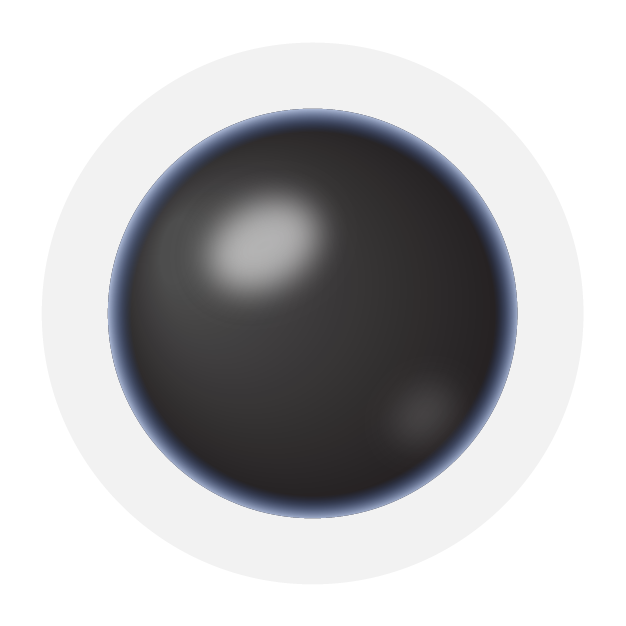
NORMAL
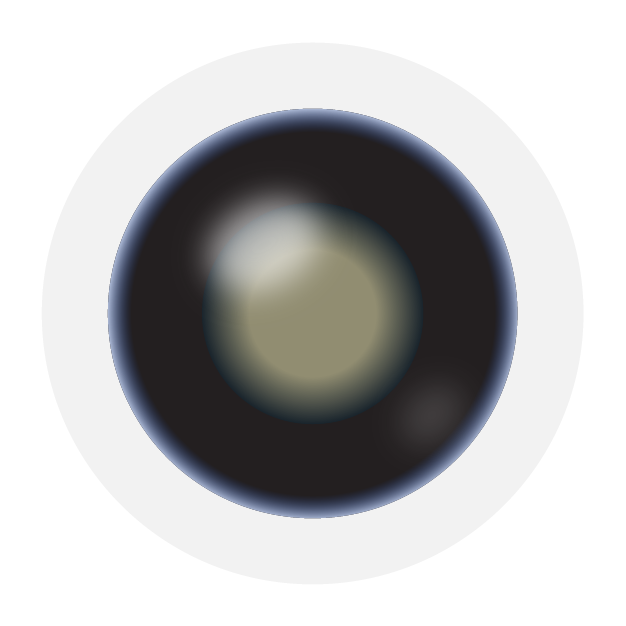
IMMATURE
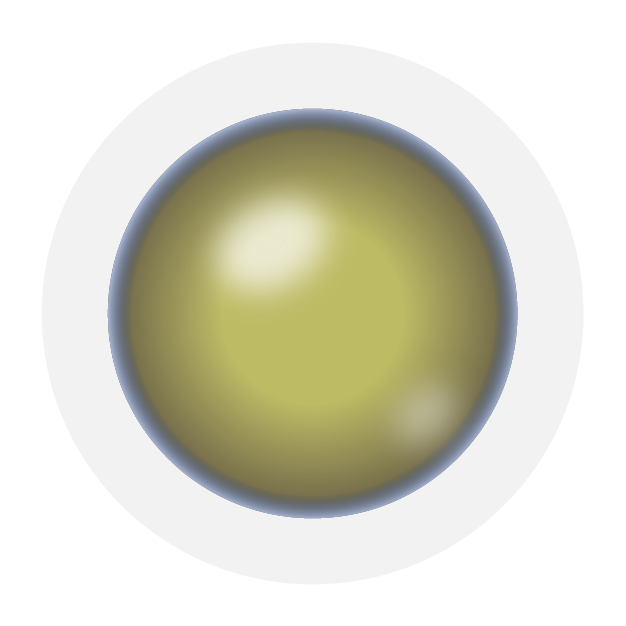
MATURE
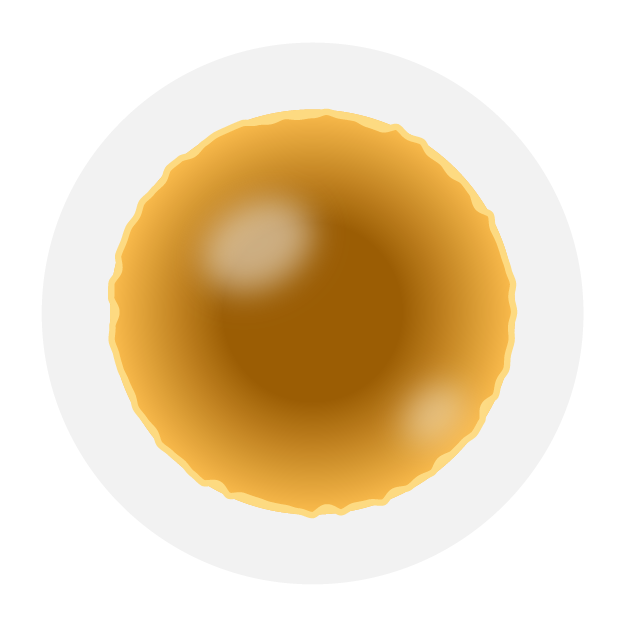
HYPERMATURE
Cataracts are the clouding of the focusing lens in the middle of your eyes, causing your vision to become blurry or obscured. These form naturally and gradually as you age, and as such it is important to be treated before your vision becomes too impaired or begins to affect how you live your life and perform daily tasks.
There are three main types of cataracts; posterior subcapsular cataracts that form inside your lens capsule, cortical cataracts that form in the middle section of the lens, and nuclear sclerotic cataracts that form in the center of the lens. Each of these sections are a different layer within your lens, and cataracts in any of these three can obscure your vision. Cataract surgery is performed the same way for all three different types of cataracts.
If you experience a lot of glare when driving at night, feel like you’re seeing the world through a film, or have noticed that your vision has become blurry, you may be developing a cataract. Advances in cataract surgery can correct for near and farsightedness, astigmatism and the need for bifocals by using toric and multifocal lenses.
Glaucoma
Glaucoma is the leading cause of blindness in people over 60. Glaucoma causes damage to your optic nerve by increasing intraocular pressure or by blocking nutrients to your optic nerve. Many people are asymptomatic and you may be unaware you have glaucoma until significant vision loss has occurred. Regular check-ups are important to detect early signs of changes in your optic nerve.
There are two general types of glaucoma, open-angle and narrow-angle. Open-angle glaucoma is like a clogged drain, preventing fluid from leaving the eye, or too much fluid is made to be properly drained. This raises the pressure in the eye gradually until optic nerve damage occurs. Narrow-angle glaucoma occurs because the drainage canal becomes very narrow and lowers the fluid outflow. If the drainage canal becomes too narrow it can close off entirely, which quickly creates a steep rise in pressure.
While glaucoma is commonly treated with special eye drops, a new type of surgery called MIGS has been recently developed that can reduce the need for drops. MIGS can be performed alongside other eye-related surgeries and is constantly evolving to better serve patients. If you dislike the idea of taking drops regularly, then MIGS may be a great alternative for you.
Macular Degeneration
Age-related macular degeneration (AMD) occurs when the part of the retina called the macula becomes damaged. AMD affects the central portion of both your far and near vision while leaving your peripheral vision unaffected, so while the edge of your vision may remain clear, everything you focus on will seem blurry. There are two types of AMD; dry and wet.
Dry AMD can cause a gradual blurring of your central vision over time. This can be treated with prescribed high-dose antioxidant vitamins to slow its progression. Wet AMD occurs when new blood vessels grow below the macula. The new vessels leak and cause scarring of your macula. Advances in treatment with anti-VEGF medications can slow the leakage of the blood vessels and allow some of your vision to recover and may halt further loss of vision.
Risk Factors
There are compounding risk factors that may increase the chances of developing age-related eye conditions, as well as affect the rate of progression of these diseases.
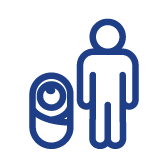
INCREASING AGE

SMOKING

OBESITY

HIGH BLOOD PRESSURE

PROLONGED USE OF CORTICOSTEROID MEDICATIONS

EXCESSIVE EXPOSURE TO SUNLIGHT
Senior Eye Health Guide
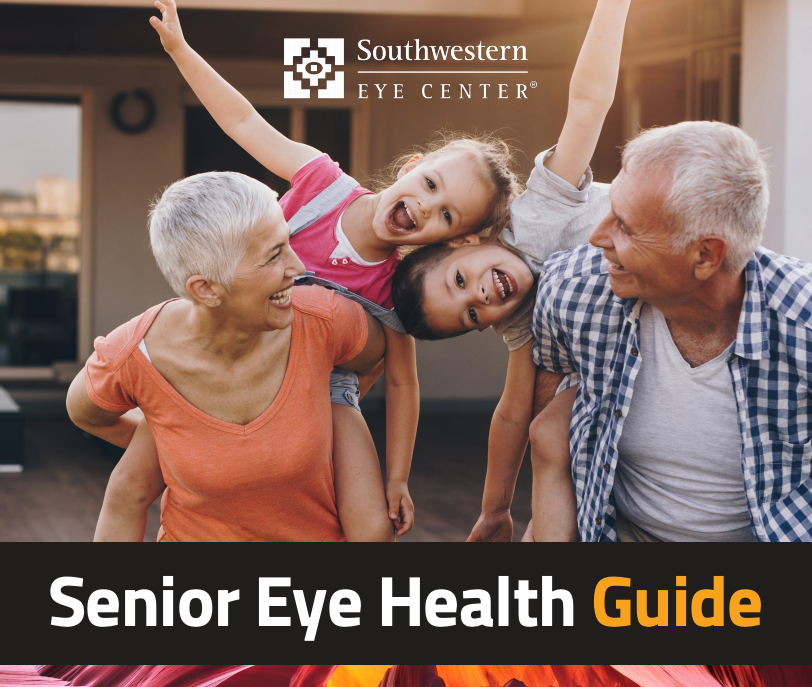
Download our Senior Eye Health Guide! In this guide, we provide information on age-related vision problems so you can take control of your eye health and see as good as possible for as long as possible. Taking care of your vision on a daily basis and taking steps to prevent future eye problems can also save you a lot of time, money and stress in the long run. After all, an ounce of prevention is worth a pound of cure—especially when it comes to your eyes.
Early Treatment is Key
If you have been diagnosed with or believe you may have cataracts, glaucoma or macular degeneration, the best thing to do is consult your eye doctor on treatments and steps you can take to manage the progression of these conditions.